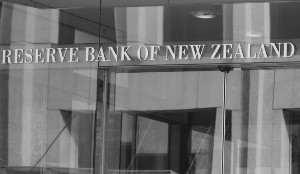
Westpac’s latest market commentary shows Auckland house prices have been a relative laggard – up 3.4% in the past three months, compared to 6.7% in the rest of the country.
Acting chief economist Michael Gordon says it’s not that Auckland was running hotter than the rest of the country previously; rather, it’s more likely the LVR restrictions have had a greater impact in Auckland, where investors typically make up a bigger share of the market.
Gisborne, which was previously the hottest regional market, has had a slight fall in prices in the past two months.
In contrast, prices in Canterbury have continued to surge, with little sign of a loss of momentum.
“This region has been undervalued compared to the national average – prices had been fairly flat up until last year – so there may be an element of catch-up going on,” says Gordon.
He says while some people continue to attribute the strength in prices to a shortage of listings, with “fear of missing out” driving buyers to pay over the odds, the shortage of listings is a symptom of a hot housing market, not a cause.
“While the stock of listings has fallen to record lows, the flow of new listings is not unusually low and, in fact, is still a little above pre-Covid levels.
“It’s just they haven’t risen enough to match the surge in demand, with house sales running well above pre-Covid levels for the past year.”
Gordon says to the extent that LVR limits and the recent tax changes have cooled investor demand, the evidence to date suggests owner-occupiers have been willing to step into the breach and pay these kinds of prices.
That could change once mortgage rates – in particular the popular one and two- year fixed rates – start to rise from their lows, as the prospect of OCR hikes from possibly next month come on to the horizon.
Westpac is forecasting house price growth to continue to slow over the coming months.
“Even so, with the increases to date, this means annual house price inflation will still be running at about 19% by the end of this year,” says Gordon.
By the second half of 2022 he expects this to tip over into a period of modest price declines, as interest rates return to more normal levels.




